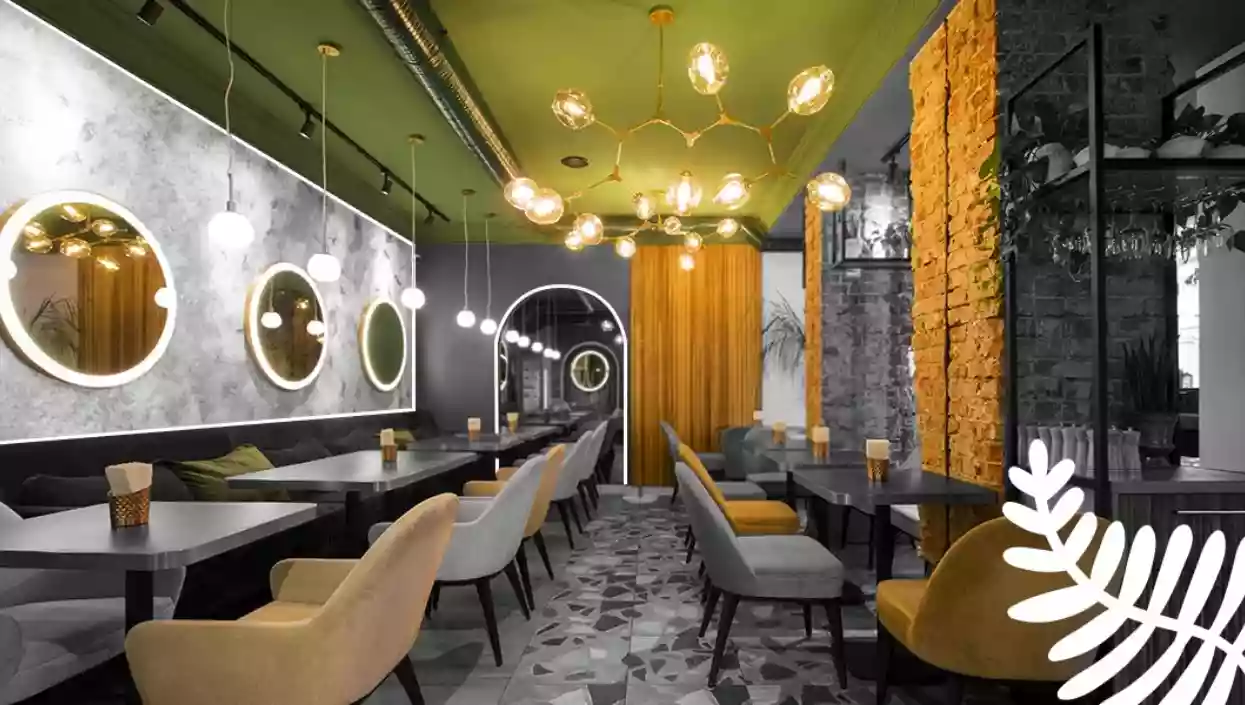.gif)
.gif)

In a significant ruling for consumers, the Delhi High Court has affirmed that service charges levied by restaurants and hotels on food bills are voluntary and cannot be made mandatory. The court delivered this verdict on Friday, dismissing petitions filed by various restaurant associations that challenged the guidelines issued by the Central Consumer Protection Authority (CCPA) prohibiting the mandatory imposition of such charges. Justice Prathiba M Singh, presiding over the case, observed that the mandatory collection of service charges constitutes an unfair trade practice, thereby upholding the CCPA's stance.
The Delhi High Court not only dismissed the pleas of the restaurant associations but also imposed a cost of ₹1 lakh on them for challenging the CCPA guidelines. This decision underscores the court's firm belief in the authority of the CCPA to issue such guidelines in the interest of consumer protection and to prevent unfair trade practices within the hospitality sector. The court explicitly stated that restaurants and hotels must clearly inform their customers that the payment of service charges is entirely voluntary, optional, and at the consumer's discretion.
The CCPA had issued its comprehensive guidelines in 2022, explicitly directing that restaurants and hotels cannot automatically or by default add a service charge to the food bill. Furthermore, these charges cannot be disguised under any other name. The guidelines also prohibited establishments from compelling consumers to pay a service charge and mandated clear communication regarding its voluntary nature. The CCPA also clarified that no restrictions on entry or service can be imposed on customers based on their decision to pay or not pay the service charge, and that this charge cannot be included in the total amount subject to Goods and Services Tax (GST).
The High Court firmly rejected the objections raised by the restaurant associations against these guidelines. The court ruled unequivocally that "The CCPA is an authority empowered to pass the guidelines under CPA 2019. Issuing guidelines is an essential function of CCPA. The same has to be mandatorily complied with." This pronouncement reinforces the legal standing of the CCPA's directives and emphasizes the obligation of restaurants and hotels to adhere to them.
In its judgment, the bench further highlighted that the mandatory collection of service charges misleads consumers by creating a false impression that they are obligated to pay it, akin to a government-levied tax like service tax or GST. This lack of transparency and the imposition of a mandatory charge without explicit consent were key factors in the court's decision to uphold the CCPA's guidelines and rule against the restaurant associations.
The restaurant associations had argued that the CCPA's guidelines were arbitrary and untenable, contending that these directions could not be treated as a binding government order. However, the Delhi High Court's decisive verdict firmly establishes the voluntary nature of service charges and reinforces the CCPA's authority to protect consumer rights against unfair practices in the restaurant and hotel industry.